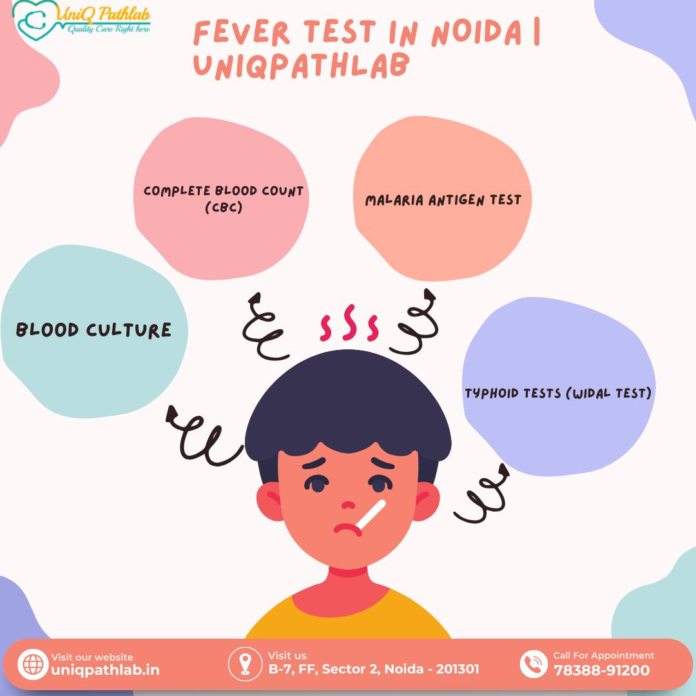
Unveiling the Underlying Causes of Anemia
Anemia is a common condition that occurs when the body lacks enough healthy red blood cells to carry oxygen to the body’s tissues. This can lead to symptoms such as fatigue, weakness, and shortness of breath. There are several underlying causes of anemia, and understanding these causes is essential for proper diagnosis and treatment.
In this article, we will explore the underlying causes of anemia, including nutritional deficiencies, chronic diseases, and genetic conditions. We will also discuss the importance of early detection and treatment of anemia to prevent complications and improve quality of life.
Nutritional Deficiencies
One of the most common causes of anemia is nutritional deficiencies, particularly iron deficiency. Iron is essential for the production of hemoglobin, the protein in red blood cells that carries oxygen. When the body does not have enough iron, it cannot produce enough hemoglobin, leading to anemia.
Other nutritional deficiencies that can cause anemia include vitamin B12 and folate deficiencies. Vitamin B12 is necessary for the production of red blood cells, and a lack of this vitamin can lead to a type of anemia called pernicious anemia. Folate, another B vitamin, is also essential for red blood cell production, and a deficiency can lead to a condition known as megaloblastic anemia.
Chronic Diseases
Chronic diseases can also cause anemia by affecting the body’s ability to produce or maintain healthy red blood cells. One common example is chronic kidney disease, which can lead to anemia due to the body’s inability to produce enough erythropoietin, a hormone that stimulates red blood cell production.
Other chronic diseases that can cause anemia include inflammatory bowel disease, cancer, and autoimmune disorders such as rheumatoid arthritis and lupus. These conditions can affect the body’s ability to absorb nutrients or produce red blood cells, leading to anemia.
Genetic Conditions
In some cases, anemia is caused by genetic conditions that affect the production or structure of red blood cells. One example is sickle cell anemia, a genetic disorder in which red blood cells are shaped like sickles or crescent moons, which makes them prone to getting stuck in blood vessels and causing blockages.
Another genetic condition that can cause anemia is thalassemia, a group of inherited blood disorders in which the body produces abnormal hemoglobin. This can lead to a decreased production of red blood cells, causing anemia.
Other Causes
In addition to nutritional deficiencies, chronic diseases, and genetic conditions, there are other causes of anemia that should be considered. These include:
– Blood loss: Anemia can occur due to acute or chronic blood loss, such as from heavy menstrual periods, gastrointestinal bleeding, or trauma.
– Bone marrow disorders: Conditions that affect the bone marrow’s ability to produce red blood cells, such as leukemia, myelodysplastic syndromes, and aplastic anemia, can cause anemia.
– Pregnancy: Anemia is common during pregnancy due to an increased demand for iron and other nutrients to support the growing fetus.
– Medications: Certain medications, such as chemotherapy drugs and some antibiotics, can cause anemia as a side effect.
– Infections: Chronic infections, such as HIV/AIDS and hepatitis, can lead to anemia by affecting the body’s ability to produce red blood cells.
Diagnosis and Treatment
It is essential to diagnose the underlying cause of anemia to determine the most appropriate treatment. This typically involves a physical examination, blood tests, and possibly additional diagnostic tests, such as bone marrow aspiration or genetic testing.
Treatment for anemia will depend on the underlying cause but may include:
– Iron supplements: For iron-deficiency anemia, iron supplements or intravenous iron therapy may be recommended.
– Vitamin B12 and folate supplements: For deficiencies in these nutrients, oral supplements or injections may be prescribed.
– Erythropoietin-stimulating agents: For anemia related to chronic kidney disease, medications that stimulate red blood cell production may be used.
– Blood transfusions: In cases of severe anemia, a blood transfusion may be necessary to quickly increase the number of red blood cells in the body.
– Bone marrow transplant: For certain genetic conditions, such as thalassemia, a bone marrow transplant may be recommended to replace the defective bone marrow with healthy donor cells.
In addition to treating the underlying cause of anemia, dietary changes and lifestyle modifications may also be recommended to improve the body’s ability to produce red blood cells. This may include eating a diet rich in iron, vitamin B12, and folate, as well as managing chronic conditions such as kidney disease and inflammatory bowel disease.
Early detection and treatment of anemia are essential to prevent complications and improve quality of life. If you are experiencing symptoms of anemia, such as fatigue, weakness, or shortness of breath, it is essential to see a healthcare provider for a proper evaluation and diagnosis.
In conclusion, anemia has several underlying causes, including nutritional deficiencies, chronic diseases, genetic conditions, and other factors such as blood loss, medications, and infections. Understanding these causes is crucial for proper diagnosis and treatment. By addressing the underlying cause of anemia and providing appropriate treatment, individuals can improve their symptoms and overall well-being. If you suspect that you may have anemia, it is important to seek medical attention to determine the underlying cause and receive the appropriate treatment.












